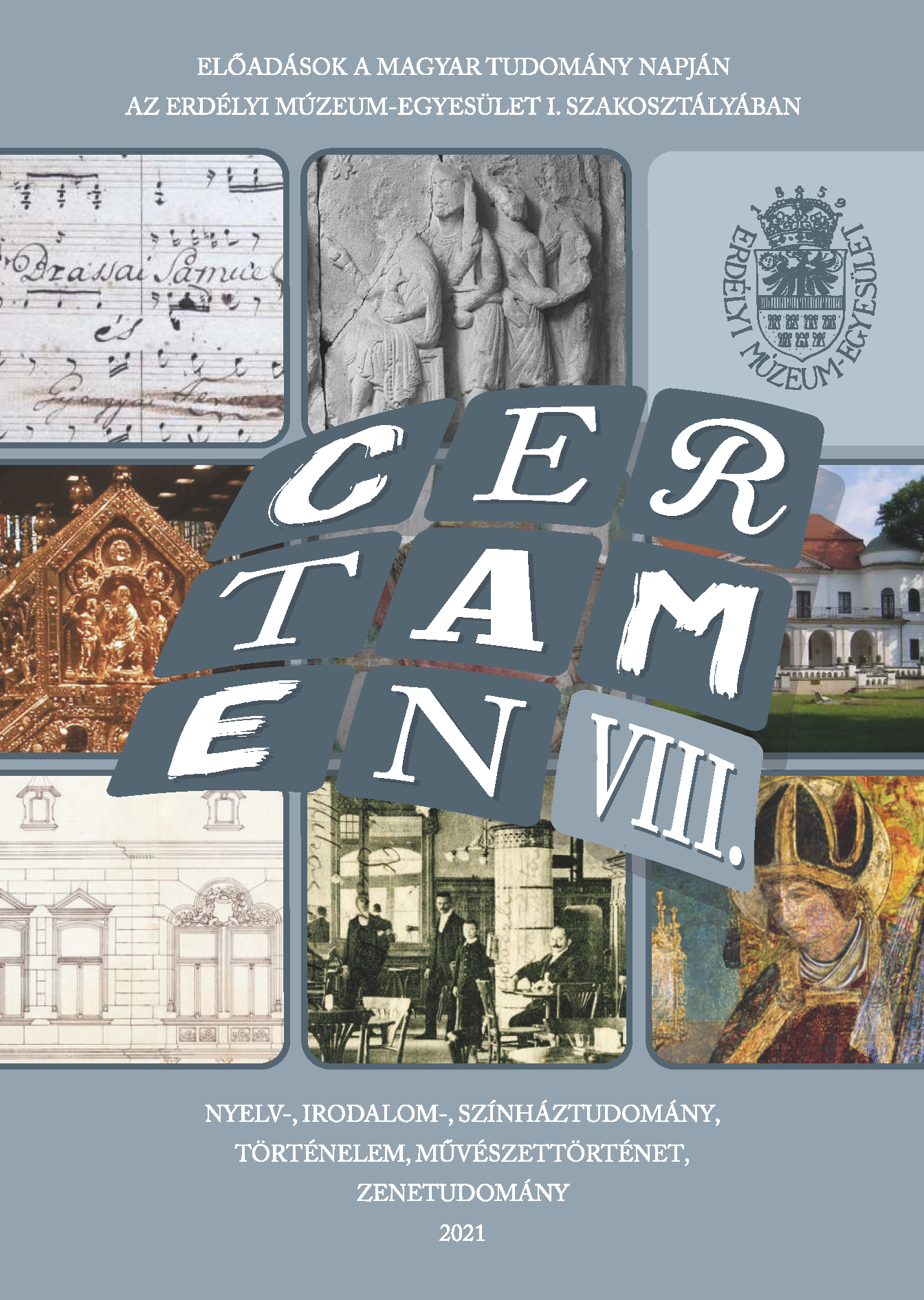Ötvenéves a székelyudvarhelyi Dr. Palló Imre Művészeti Líceum
The Fiftieth Birthday of the Palló Imre Arts School from Odorheiu Secuiesc
Author(s): Ágota Bodurian, Beáta SiménySubject(s): Cultural history, Music
Published by: Erdélyi Múzeum-Egyesület
Keywords: music; art; education; Imre Palló; Philharmonic Orchestra; Odorheiu Secuiesc;
Summary/Abstract: The sensibility regarding our need for the expression and reception of the arts, of beauty has developed in parallel with the evolution of culture. Odorheiu Secuiesc is known as a school-town. This title dates back several centuries, as the Szekler settlement nurtured three secondary schools before the turn of the 20th century (in addition to its numerous elementary schools): the Catholic College, founded in 1593, the Reformed College, established half a century later, and the State College, founded in 1871. The emphasis on education has thus also laid the foundations for the intellectual growth of the city’s evolving cultural education, and an increased demand for music. The fact that first singing, then instrumental discipline was included in school curricula is the merit of art-loving pedagogues, who in time supported the founding of civic musical societies: choirs, chamber music ensembles, and later the creation of the Philharmonic Society. Although the need for music education was already noted and encouraged by the city’s intellectuals in the first decades of the 20th century, we can only speak of institutionalized music education since 1970, the year the Primary School of Music and Fine Arts was established. The educational institution providing general arts education was promoted to a higher school rank in the early 1990s. With its numerous successes in the field of singing and orchestral interpretation, group activities meant to safeguard traditional ways of making art, encouraging talented students, while also playing an important and responsible role in the region’s cultural education, the school thus attempts to pay proper homage to Dr. Imre Palló – after whom the school was named –, an opera singer of Szekler descent who deeply loved his country. The present study commemorates the occasion of the school’s 50th anniversary, with its links to the musical life of the city, data regarding the school’s history, thus also commemorating the singer Imre Palló. It is also essential to outline the short history of the Szeklerland Philharmonic, which grew out of the school, as past and present, education as well as professional practice. The Palló Imre Arts School and the symphonic orchestra formed, developed and continue to exist today in correlation to the intellectual and musical needs of the town.
Journal: Certamen
- Issue Year: 2021
- Issue No: VIII
- Page Range: 399-416
- Page Count: 18
- Language: Hungarian

